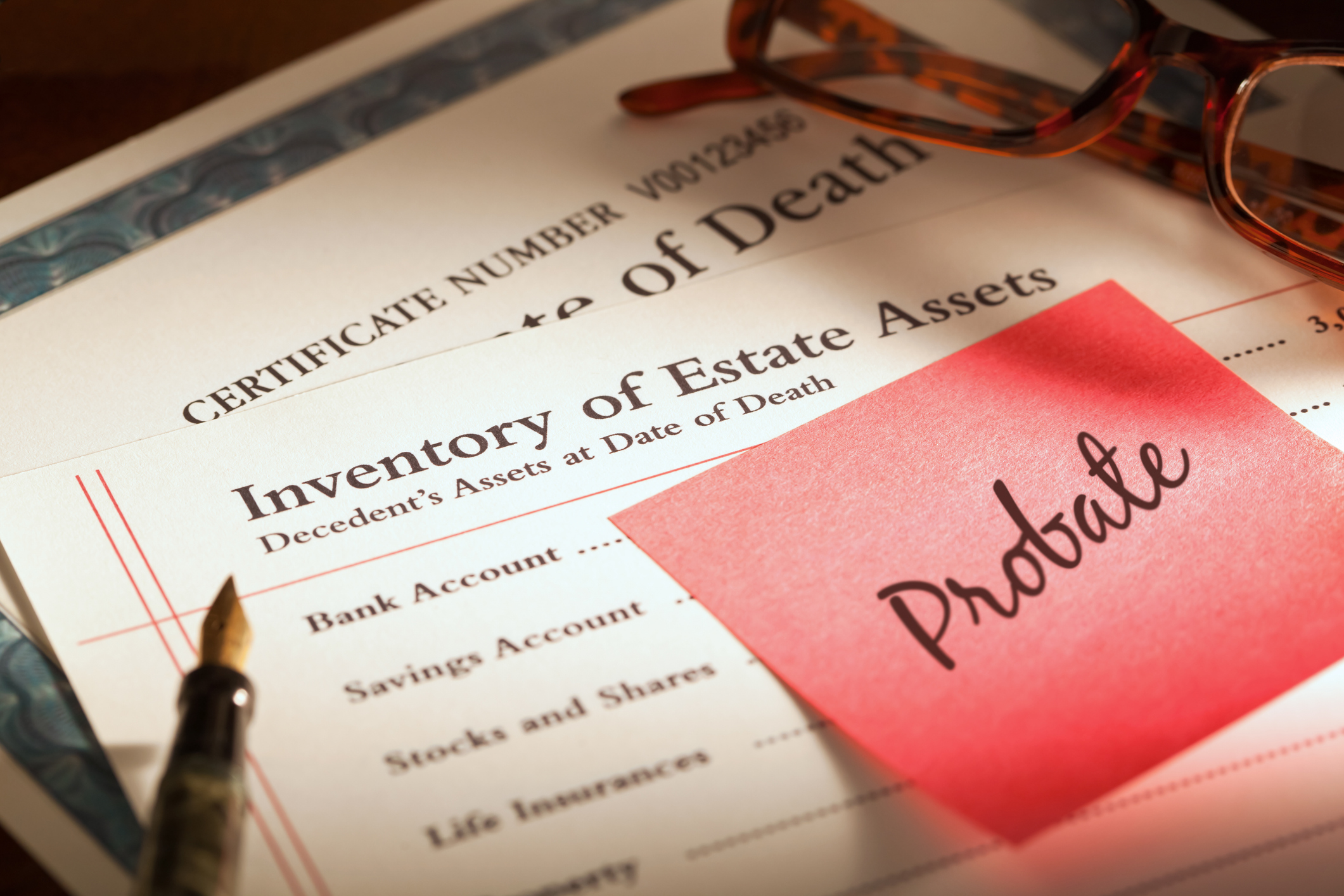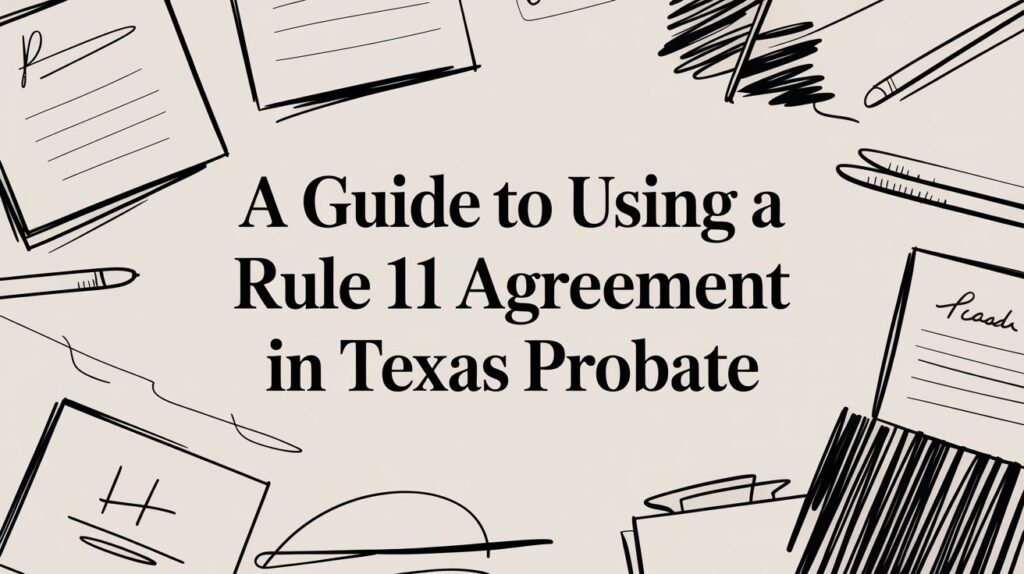If you’re navigating estate administration in the Lone Star State, you’re probably asking: how Texas probate handles inventory assets—and whether a professional appraisal is something you really need. Probate in Texas is its own beast: sometimes surprisingly simple, other times overwhelmingly complex. One of the most confusing parts for executors and administrators is compiling the Inventory, Appraisement, and List of Claims. It’s not just a list—it’s a legal obligation. And yes, it might require professional help.
In this article, we’ll take a deep dive into what “inventory assets” actually are in a Texas probate case, how theprobate court evaluates and uses that information, and when it’s absolutely critical to get a licensed appraiser involved. We’ll break down the legal framework, use real-world examples, and share strategic insights to help you avoid common pitfalls.

What Are Inventory Assets in Texas Probate?
To understand how Texas probate handles inventory assets, you first have to know what qualifies as inventory. When a person dies, everything they own at the time of death becomes part of their estate. This includes:
- Real estate (like a house or land)
- Vehicles, boats, and other titled property
- Bank accounts, CDs, and investment accounts
- Stocks, bonds, and retirement plans
- Jewelry, collectibles, and antiques
- Business interests
- Personal items like furniture and household goods
In Texas, the executor (if there’s a will) or the administrator (if there isn’t) must collect this information and report it to the probate court, usually within 90 days of being appointed. This is done through a formal Inventory, Appraisement, and List of Claims.
It sounds simple, but it’s not just about filling out a spreadsheet. Valuing and reporting these assets accurately is crucial—and failing to do so can create serious legal consequences.
Real-Life Scenario: When It’s More Than Just “Stuff”
Let’s say your father passes away in Fort Worth. He leaves behind a house, two bank accounts, a 10-year-old truck, and an extensive collection of vintage baseball cards. You’re named as executor in his will.
You might assume you can just estimate the value of the house using Zillow, look at the bank statements, check Kelley Blue Book for the truck, and assign a few hundred dollars to the card collection. But that’s where problems can begin.
If a beneficiary disagrees with the value of the baseball cards—or if the IRS audits the estate for tax purposes—your lowball estimate could trigger a dispute. Worse, if you sell any of the assets and someone claims they were undervalued, you could be accused of mismanagement.
This is exactly where understanding how Texas probate handles inventory assets becomes essential—and where a professional appraisal may save you from financial and legal trouble.
Why the Inventory Matters So Much in Texas Probate
Inventory isn’t just about paperwork. It serves several critical purposes in theprobate process:
1. Transparency for the Court
The court uses the inventory to confirm the estate is being handled properly. It helps ensure that all property is accounted for and that the executor is fulfilling their duties responsibly.
2. Protection for Beneficiaries
Heirs and beneficiaries rely on the inventory to see what assets exist and how much they’re worth. This prevents hidden assets, unfair distributions, or outright fraud.
3. Tax Reporting
Even in estates not subject to federal estate tax, accurate valuations are still required for income tax purposes, capital gains basis calculations, and property tax assessments.
4. Legal Compliance
Texas law (specifically the Texas Estates Code) requires the inventory to be filed within 90 days unless waived by the court. In some independent administrations, the court may not require a formal filing, but the executor must still prepare it.

So when people ask how Texas probate handles inventory assets, the answer is that it takes it very seriously—and expects you to as well.
Professional Appraisal: When Is It Required?
Now let’s get to the million-dollar question: Do you need a professional appraisal to value probate assets? The short answer: not always. But sometimes, absolutely yes.
When You May Not Need an Appraisal
- Bank accounts and CDs: The value is what’s on the statement at the date of death
- Publicly traded stocks: These are easily verified based on market prices
- Standard vehicles: You can typically use NADA or Kelley Blue Book
When a Professional Appraisal Is Advisable or Required
- Real estate: Especially if it’s being sold, divided among heirs, or disputed
- Jewelry and collectibles: Subjective value and high theft risk make appraisal wise
- Closely held business interests: Require specialized valuation methods
- Unusual or high-value personal property: Art, antiques, or custom items
- Assets that will affect tax filings: Like appreciated real estate or capital gains-sensitive property
Courts generally expect executors to use good judgment. But when in doubt, erring on the side of accuracy—especially when large amounts of money are at stake—is the safest route.
Real Case Study: The Deed That Nearly Cost Everything
A family in Austin tried to probate their mother’s estate without using a professional appraisal. They estimated her house was worth $250,000 based on county tax records. Months later, they sold the property for $400,000.
One of the siblings cried foul, claiming the house had been undervalued in the probate records, and that the executor had shortchanged him during distribution. The probate court reopened the matter, forced a revised inventory, and fined the executor for failing to perform fiduciary duties properly.
That’s a hard lesson on how Texas probate handles inventory assets—and how things can unravel when valuation isn’t taken seriously.
The Difference Between Market Value and Tax Value
A key misunderstanding many executors have lies in using tax assessments as the “real” value of a property. Here’s the problem: county tax valuations rarely reflect true market value.
Texas probate courts prefer either:
- A comparative market analysis (CMA) from a real estate professional
- A certified appraisal by a licensed appraiser
Why? Because these valuations consider actual sales data and market trends, not just outdated government estimates. And for rare assets, a specialty appraiser may be necessary.
If the estate includes art, guns, rare coins, or heirlooms, don’t guess. You’ll need expert documentation to justify the value—and show the court you did your due diligence.

What Happens If You Get the Valuation Wrong?
Filing an inaccurate or incomplete inventory in a Texas probate case can cause multiple problems:
- Court rejection of the inventory: You may be ordered to correct it
- Delay in probate proceedings: Beneficiaries may have to wait longer
- Creditor disputes: If debts aren’t paid in the right order
- Fiduciary liability: Executors can be sued for mismanaging estate assets
- IRS scrutiny: If the estate involves tax filings or audits
Even innocent mistakes can be interpreted as negligence. That’s why understanding how Texas probate handles inventory assets requires you to think like a fiduciary—not just a family member.
Do You Have to File the Inventory in Every Texas Probate Case?
No, not always. Texas allows forindependent administration, which means less court supervision. If the will requests it—and the court approves—it’s possible to serve as executor with fewer filings.
In such cases, the court may waive the requirement to file the inventory publicly. However, you still must prepare it and present it to beneficiaries and creditors if requested. Even in independent administrations, the executor must:
- Prepare the inventory within 90 days
- Keep it available for inspection
- Use it to determine claims and distributions
So even if you don’t file it, the inventory still plays a central role. There’s no skipping the hard part—just fewer formalities.
Tips for Executors: Managing Inventory Like a Pro
If you’re serving as an executor or administrator in Texas, here are a few tips to handle inventory like a professional:
1. Start Gathering Documents Immediately
Look for deeds, titles, insurance records, investment statements, business documents, and tax returns. The sooner you gather these, the smoother your process will be.
2. Use a Master Spreadsheet
List every asset, its location, estimated value, and how you arrived at that value. This helps your attorney, accountant, and any court personnel who review your work.
3. Don’t Mix Community and Separate Property
Texas is a community property state. You’ll need to distinguish what belonged solely to the decedent and what was shared with a spouse.
4. Hire Professionals When Needed
It’s perfectly acceptable to hire an appraiser, accountant, or attorney to assist. In fact, it shows you’re fulfilling your fiduciary duty by acting with care.
5. Keep Beneficiaries in the Loop
The more transparency you offer, the less likely you’ll face objections or litigation down the road.

Final Thoughts: The Bottom Line on Inventory and Appraisal in Texas Probate
So, how does Texas probate handle inventory assets? With precision, scrutiny, and legal expectations that can’t be brushed off. Whether the estate is modest or worth millions, the inventory lays the foundation for everything else that follows—debts, distributions, taxes, and transparency.
And do you need a professional appraisal? In many cases, yes—especially if there’s any dispute, doubt, or potential tax exposure. Getting it right the first time protects the estate, the beneficiaries, and most importantly, you as the executor.
If you’re unsure about any step in the process, don’t go it alone. Texas probate is manageable, but it demands attention to detail. Understanding how Texas probate handles inventory assets is your first step toward administering a clean, conflict-free estate.








